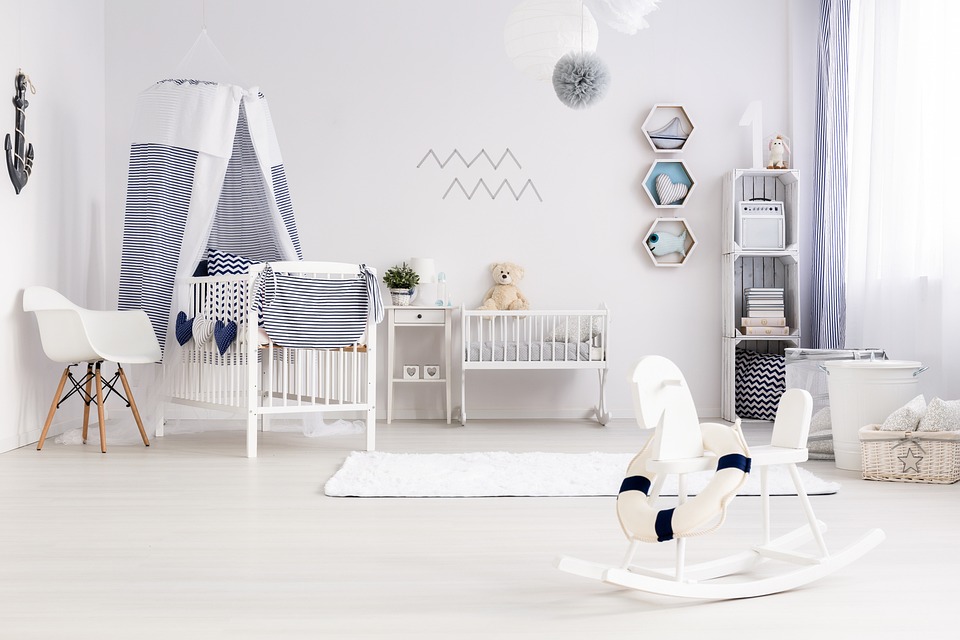
When we think about furniture and home decor, we often consider the aesthetic and functional aspects. However, what many people don’t realize is that the furniture we choose for our homes can have a profound impact on our mood and mental well-being.
The psychology of furniture is a fascinating field that examines the ways in which our surroundings can influence our thoughts, feelings, and behaviors. Research has shown that the colors, textures, and shapes of our furniture can have a significant effect on our mood and overall mental health.
For example, the color blue is often associated with calmness and relaxation, making it an excellent choice for bedroom furniture. On the other hand, vibrant colors like red and yellow can be energizing and uplifting, making them ideal for spaces like the living room or home office. The use of natural materials like wood and plants can also create a sense of calm and tranquility, while sleek, modern furniture can evoke feelings of sophistication and efficiency.
The layout and organization of furniture can also impact our mental well-being. Cluttered and disorganized spaces can lead to feelings of anxiety and overwhelm, while well-organized and open spaces can promote a sense of peace and clarity.
Additionally, the functionality of furniture can have a significant impact on our mood. For example, comfortable and supportive seating can promote relaxation and comfort, while ergonomic furniture can help improve physical well-being and reduce stress.
In addition to the visual and tactile aspects of furniture, the psychological impact of our home decor can also be influenced by the memories and emotions associated with specific pieces. Family heirlooms or furniture with sentimental value can evoke feelings of nostalgia and connection, while new or trendy furniture can create a sense of excitement and novelty.
The impact of our home decor on our mood is not limited to just the visual and tactile elements. The way we perceive our living space, and how it reflects our personality and personal taste, can also play a significant role in our psychological well-being. Feeling at home and comfortable in our surroundings can promote a sense of security and belonging, which is essential for our mental health.
In conclusion, the psychology of furniture is a complex and multifaceted field that highlights the ways in which our home decor can impact our mood and mental well-being. By carefully considering the colors, textures, layouts, and functionality of our furniture, we can create living spaces that promote relaxation, comfort, and positive emotions. Our home decor is more than just a reflection of our personal style – it is also a powerful tool for improving our mental health and overall well-being.